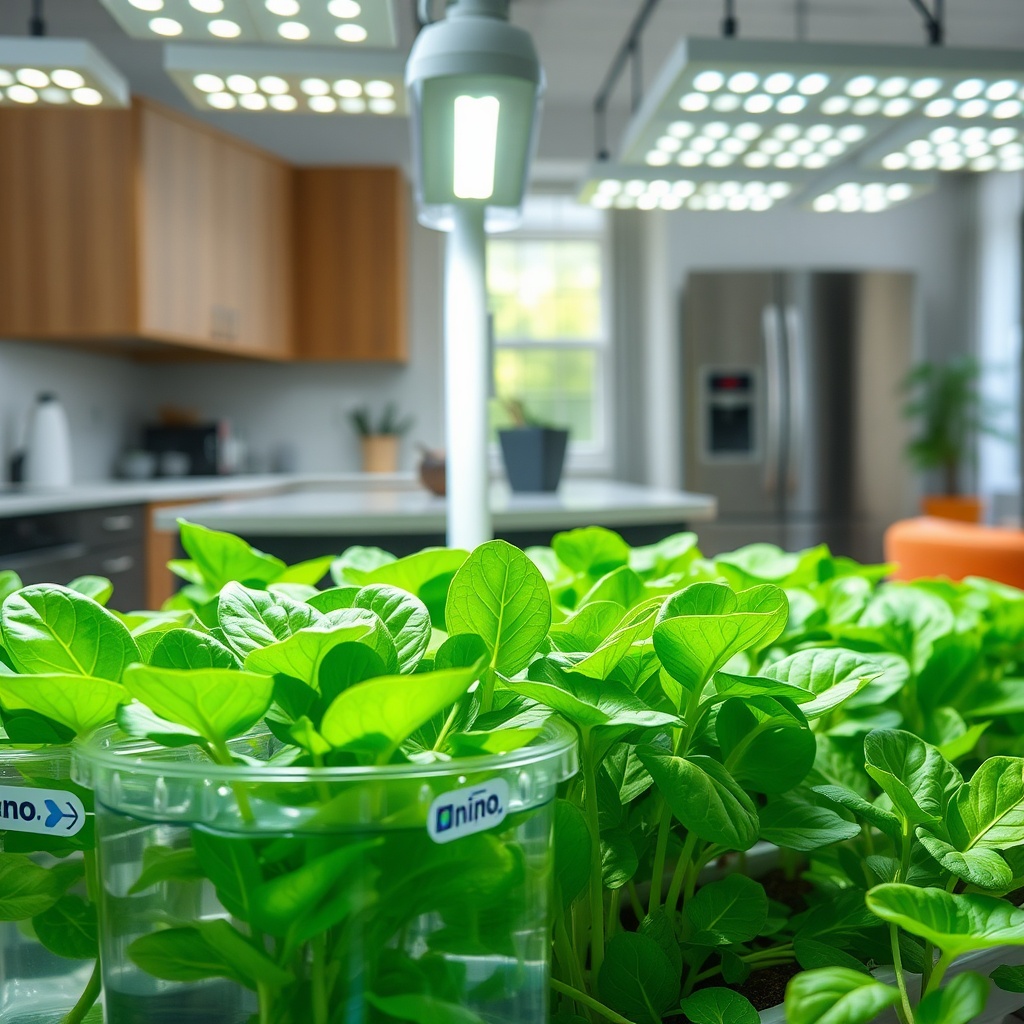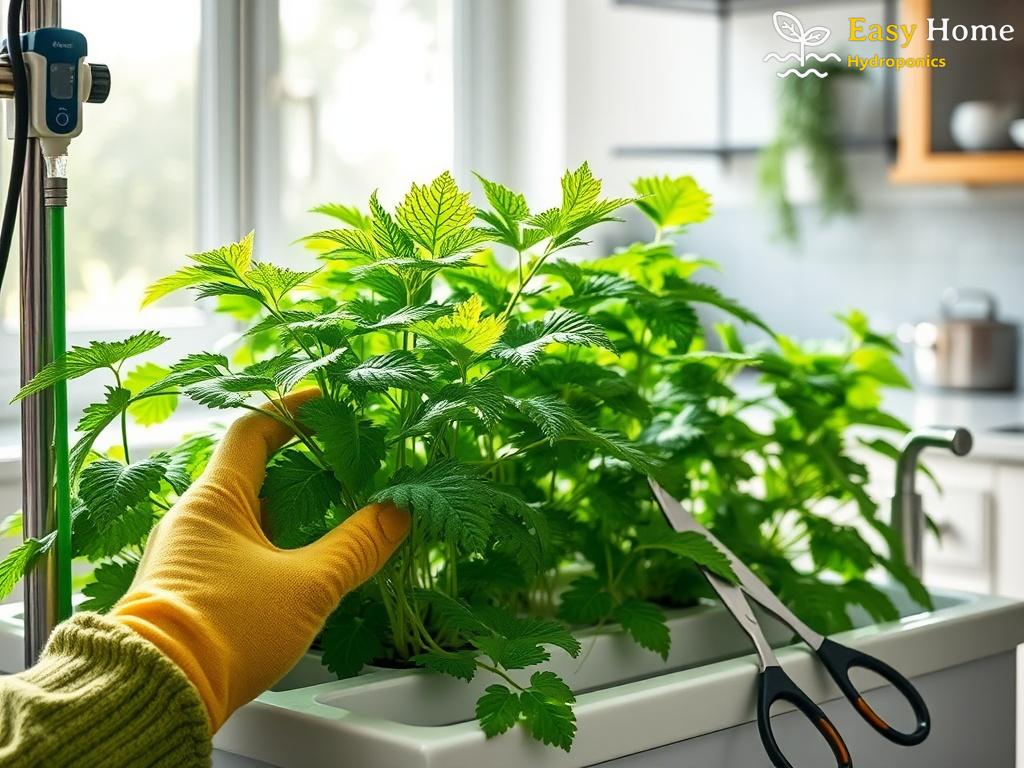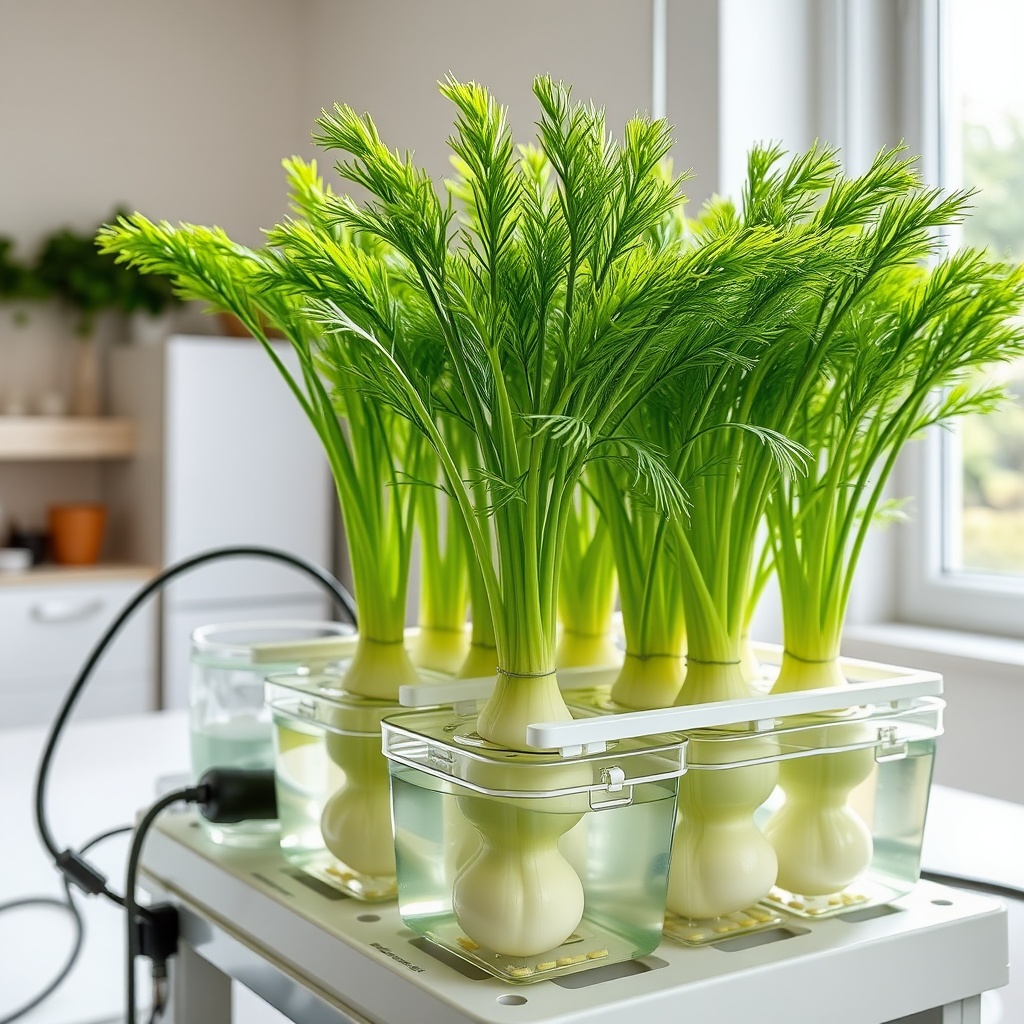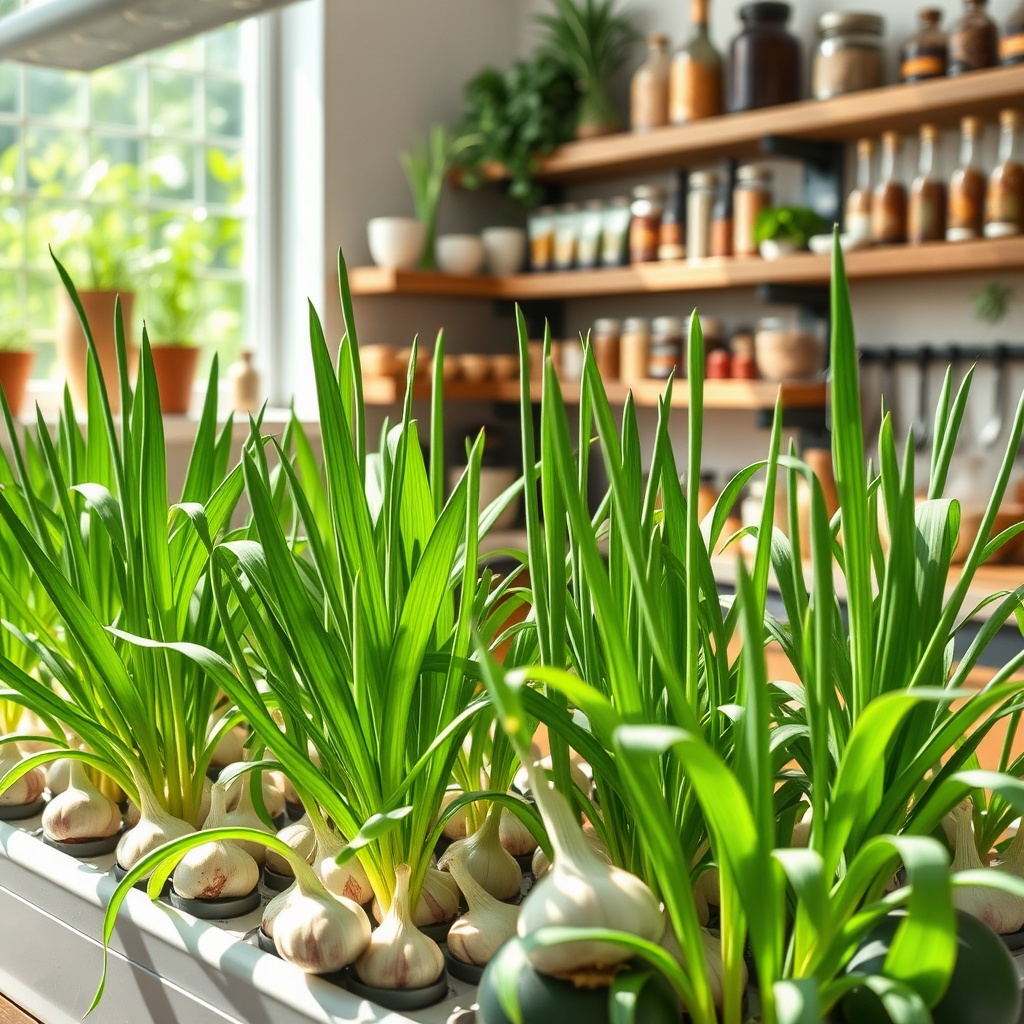Why Spinach is a Hydroponic Superstar
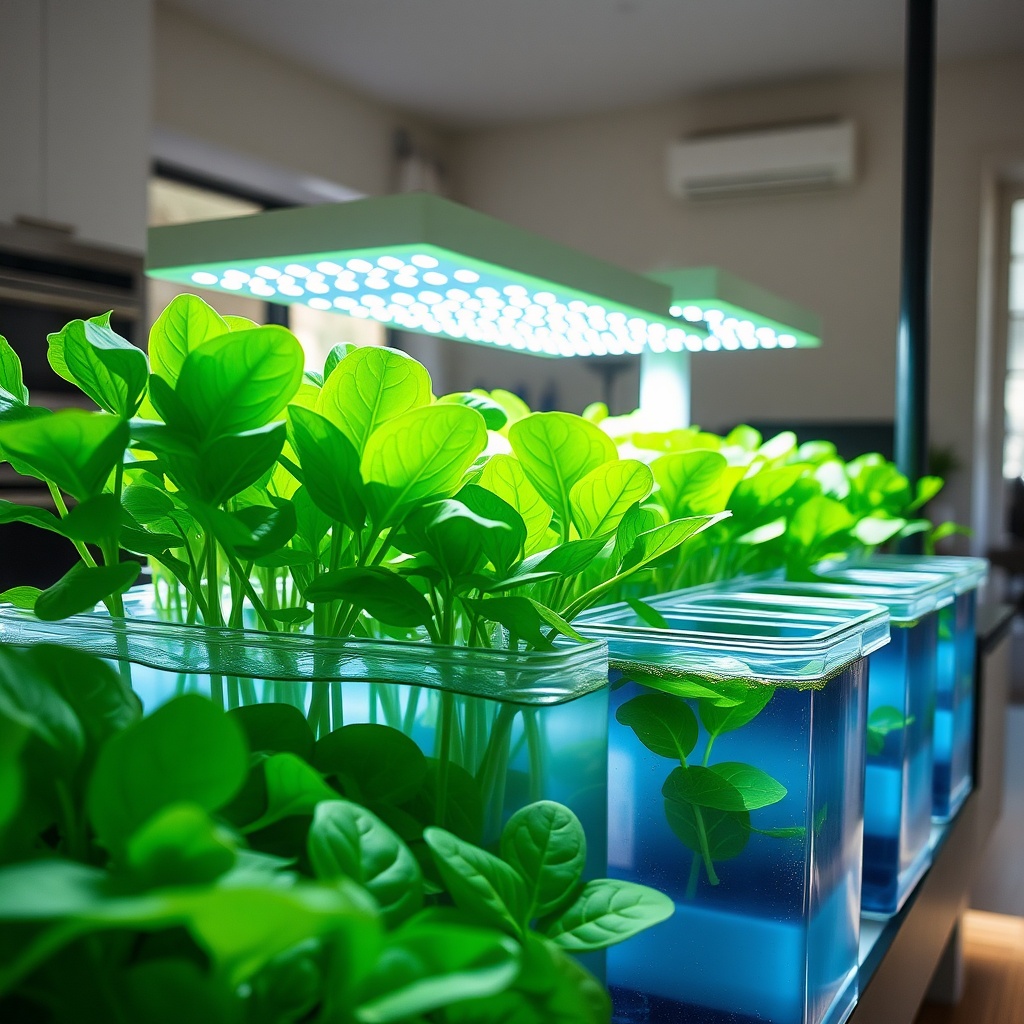
Spinach, often hailed as a superfood, is not just a nutritious addition to your diet; it’s also an incredibly rewarding plant for those embarking on their hydroponic journey. With its rapid growth and minimal space requirements, spinach serves as an ideal starting point for both budding gardeners and home chefs alike. Whether you’re aiming for fresh salads or nutrient-packed smoothies, growing spinach at home can be an exciting and fulfilling experience.
What makes spinach particularly suited for hydroponics is its adaptability. This leafy green thrives in a variety of conditions, making it forgiving for beginners who are still getting the hang of the hydroponic process. Plus, the satisfaction of harvesting your own fresh spinach is unmatched!
Essential Hydroponic Techniques for Growing Spinach
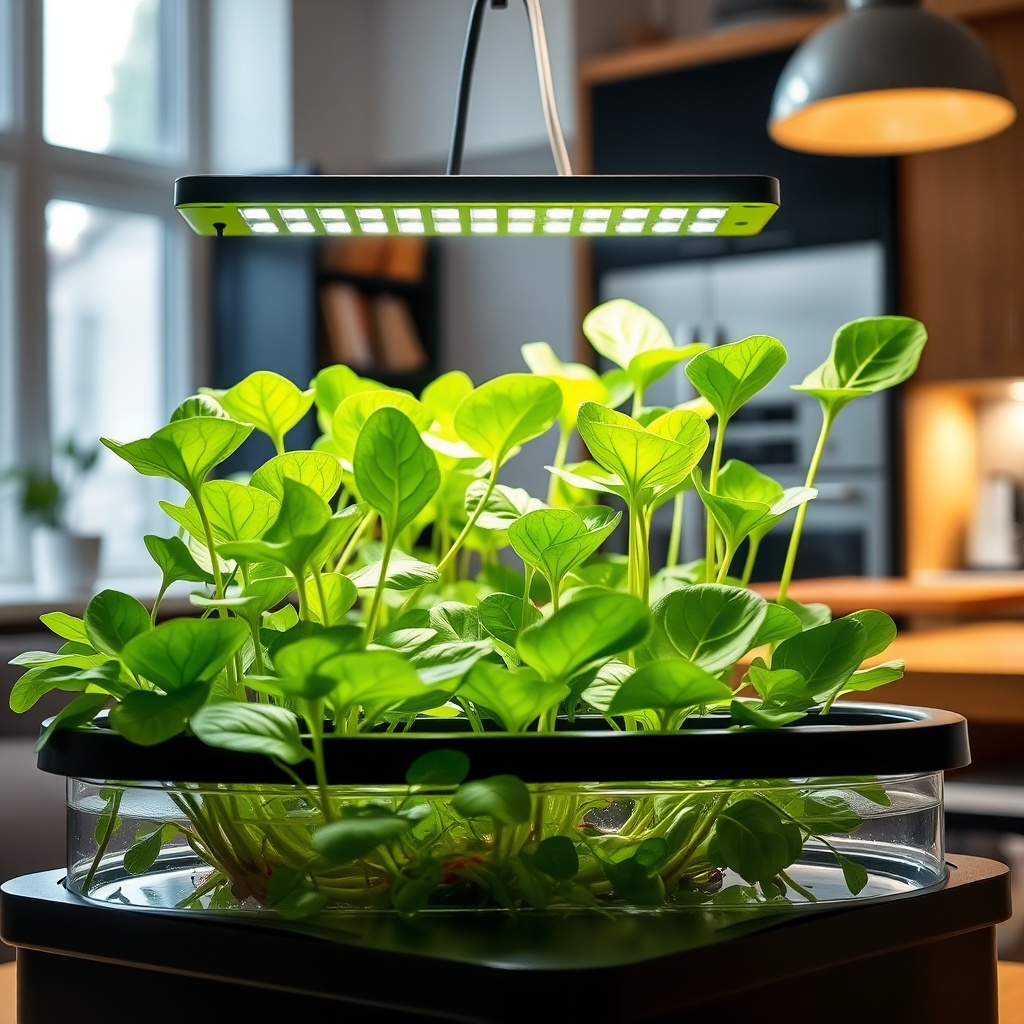
Before you dive into planting, it’s crucial to understand the basic hydroponic techniques that will help you cultivate your spinach successfully. Hydroponics can seem daunting, but with the right approach, you’ll be growing your own greens in no time. Here are the key steps to get started:
- Choose the Right System: Consider systems like Nutrient Film Technique (NFT) or Deep Water Culture (DWC) that are beginner-friendly.
- Select Quality Seeds: Look for spinach varieties such as ‘Bloomsdale’ or ‘Teton’ which are known for their robust yields.
- Maintain Optimal Conditions: Spinach prefers cooler temperatures, ideally between 60°F and 70°F. Ensure you have adequate lighting and ventilation.
- Monitor Nutrient Levels: Use a balanced nutrient solution specifically formulated for leafy greens to promote healthy growth.
- Stay Vigilant: Regularly check for pests and diseases, even in a controlled environment like hydroponics.
The Bounty of Growing Spinach at Home
Once you’ve established your hydroponic system and nurtured your spinach plants, prepare to reap the rewards. Homegrown spinach not only tastes fresher but also packs a nutritional punch. Spinach is rich in vitamins A, C, and K, as well as iron and magnesium, making it a powerhouse for health enthusiasts.
Moreover, cultivating spinach can be a fun project for families or individuals looking to engage more with their food sources. Imagine being able to pull fresh leaves straight from your garden for a delicious salad or a vibrant smoothie! The process of growing your own food fosters a deeper appreciation for nature and the effort that goes into producing our meals.

